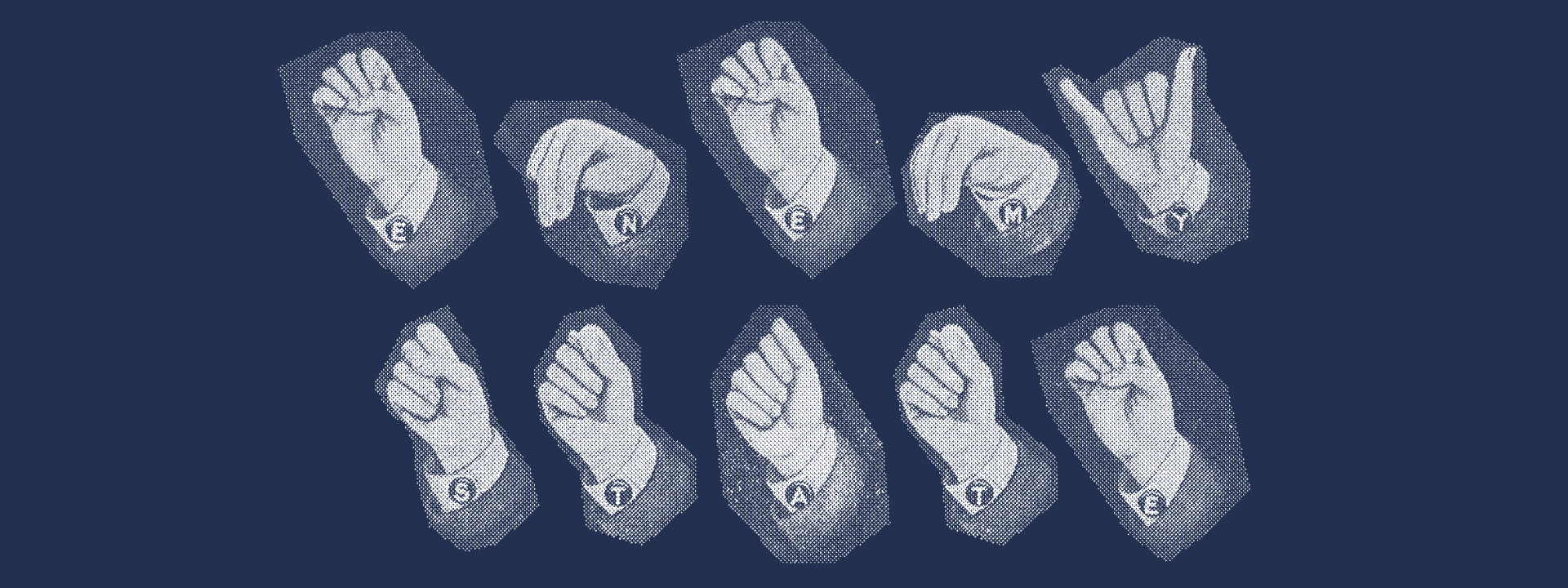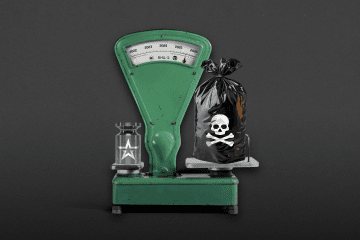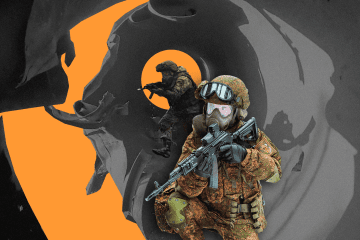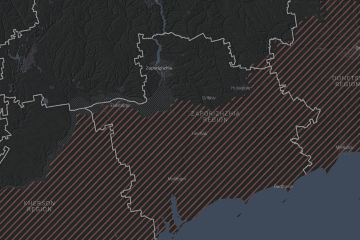- Category
- War in Ukraine
Russia Has Officially Declared US an Enemy State. What Does This Mean in Diplomatic Terms?

This marks the first official instance of the US being designated an “enemy” state by the Russian government. Why did this happen now and what are the consequences?
As global tensions over the war in Ukraine continue to mount, Russia-US diplomatic relations have hit a new low. On June 11, Dmitry Peskov, Press Secretary to Vladimir Putin, declared the United States an “enemy country,” in an unprecedented and stark escalation from previous rhetoric.
“We are now an enemy country for them, just as they are for us,” Peskov stated during a press briefing.
The statement came after allegations from former American intelligence officer Scott Ritter, who claimed he was denied entry to St. Petersburg and had his passport confiscated by border officials.
Ritter has frequently been cited in Russian state media, echoing Moscow’s perspectives on the war in Ukraine.
Peskov’s response to reporters underscored that recent actions intended to obstruct Americans from engaging with Russia would be considered justifiable only if directly associated with Ritter’s past intelligence activities. Otherwise, Peskov suggested, such measures would be perceived as an effort to isolate Russia.
This may represent an escalation in rhetoric, as Moscow had previously referred to the US and its allies supporting Ukraine as “unfriendly states” or “opponents.” The shift in terminology is attributed to the ongoing war in Ukraine, particularly the latest permission to use US-supplied weaponry on Russian territory.
Since Russia launched a full-scale invasion, Ukraine has been asking the US for permission to attack targets inside Russia using American weapons. On May 31, US President Joe Biden authorized Ukraine to use American munitions for limited strikes within Russian territory. This request came as Russia intensified its assault on Kharkiv. Ukraine felt disadvantaged because Russian troops could retreat across the border to regroup and because Western weapons couldn’t be used to hit stockpiles of weapons in Russia. The decision followed the removal of restrictions on the weapon use by other Western allies.
NATO Secretary General Jens Stoltenberg showed a clear stance of NATO and its allies on this issue before the meeting of defense ministers in Brussels, stating that self-defense, as outlined in the UN Charter, does not constitute an escalation.
He supported the allies' decision to authorize Ukraine to employ Western weaponry for strikes on Russian territory and urged to ease further restrictions. When asked about Ukraine’s potential use of F-16s to target sites within Russia, Stoltenberg asserted that Ukraine possesses the inherent right to self-defense.
“Ukraine has the right to self-defense, and the right to self-defense also includes striking legitimate military targets on the territory of the Russian aggressor.”
According to Agentstvo, an independent Russian investigative agency, this marks the first official instance of the US being designated an “enemy” state by the Russian government. However, while indeed unprecedented, experts suggest that this designation may be largely symbolic. They posit that, regardless of public pronouncements, the US has long been viewed by Russia as a primary adversary.
Matthew Bryza, former US diplomat and the United States Ambassador to Azerbaijan believes that the goal is “to intimidate European NATO members into believing that the United States is recklessly dragging them into a conflict with Russia.”
“The ultimate goal is to sow divisions within the NATO alliance, pulling its members away from each other and, particularly, from the United States,” he added.
-ba02b3bc86f0b624f99115809a6a34d0.jpg)

-29a1a43aba23f9bb779a1ac8b98d2121.jpeg)



-0666d38c3abb51dc66be9ab82b971e20.jpg)